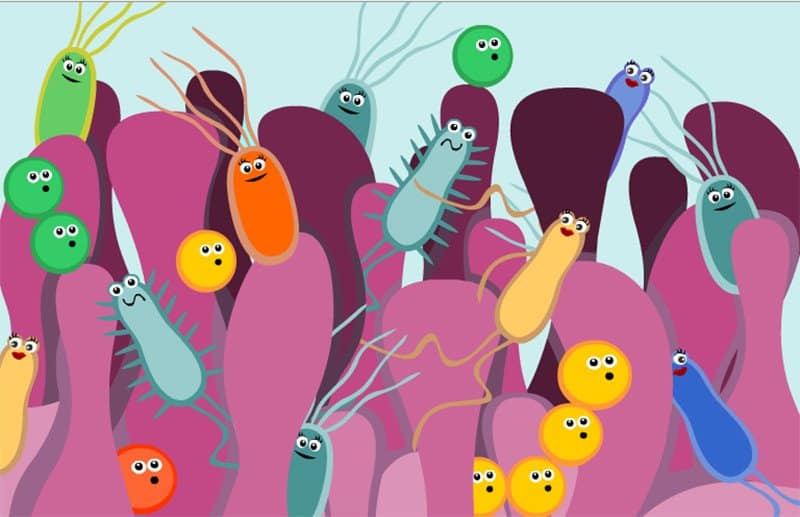Gut Health Crucial To Shedding Pounds, Study Says
Dieting is real easy. Cake walk (no pun intended), literally. I once finished a 14 day diet in 3 hours. But then this unfortunately is not the case for most people out there. Work out regularly, even eat healthy but yet, for some crazy reason, you do not seem to lose those stubborn pounds.
But now, a new research suggests that it’s not as simple as getting your daily serving of fiber in the form of fruits and vegetables. In fact, researchers suggest, if you’re trying to lose weight, you should get your poop analyzed, because the bacteria in your gut might be holding you back.
“Human intestinal bacteria have been linked to the increasing prevalence of overweight and obesity, and scientists have started to investigate whether the intestinal bacteria can play a role in the treatment of overweight,” explained senior study investigator Arne Astrup, Ph.D., professor and head of the department of nutrition, exercise, and sports at the University of Copenhagen.
“But it is only now that we have a breakthrough demonstrating that certain bacterial species play a decisive role in weight regulation and weight loss.”
The study in question looked at
the relationship between two groups of gut bacteria and if they played a role in whether overweight individuals were able to lose weight on a diet following the Danish national dietary recommendations. This diet mainly consists of fruit, vegetables, and whole grains, and it was compared against New Nordic Diet guidelines that recommend mostly dairy, smoked fish, and meat, with minimal fruits and vegetables.In the study, 31 subjects ate the New Nordic Diet for 26 weeks and lost an average of 3.5 kg (7.6 pounds), whereas the 23 subjects eating an Average Danish Diet lost an average of 1.7 kg (3.7 pounds). Thus, weight loss was on average 1.8 kg (3.9 pounds) greater in the subjects on the New Nordic Diet.
“The study shows that only about half of the population will lose weight if they eat in accordance with the Danish national dietary recommendations and eat more fruit, vegetables, fibres, and whole grains,” said lead study investigator Mads Fiil Hjorth, Ph.D., assistant professor in the department of nutrition, exercise, and sports at the University of Copenhagen.
“The other half of the population doesn’t seem to gain any benefit in weight from this change of diet. These people should focus on other diet and physical activity recommendations, until a strategy that works especially well for them is identified.”
The authors say that this proves something we’re starting to understand more: guidance based on this knowledge of intestinal bacteria will most likely be more effective than the ‘one size fits all’ approach that often characterises dietary recommendations and dietary guidance.






























